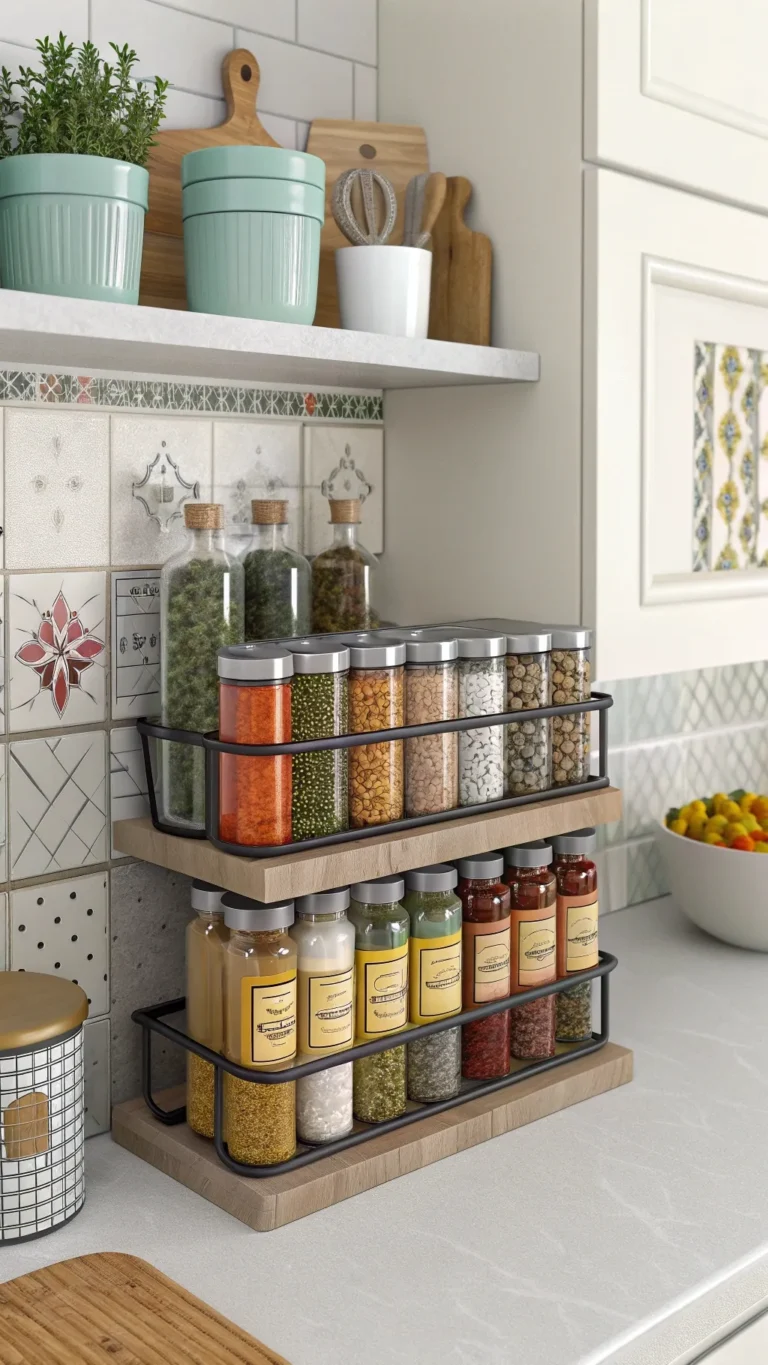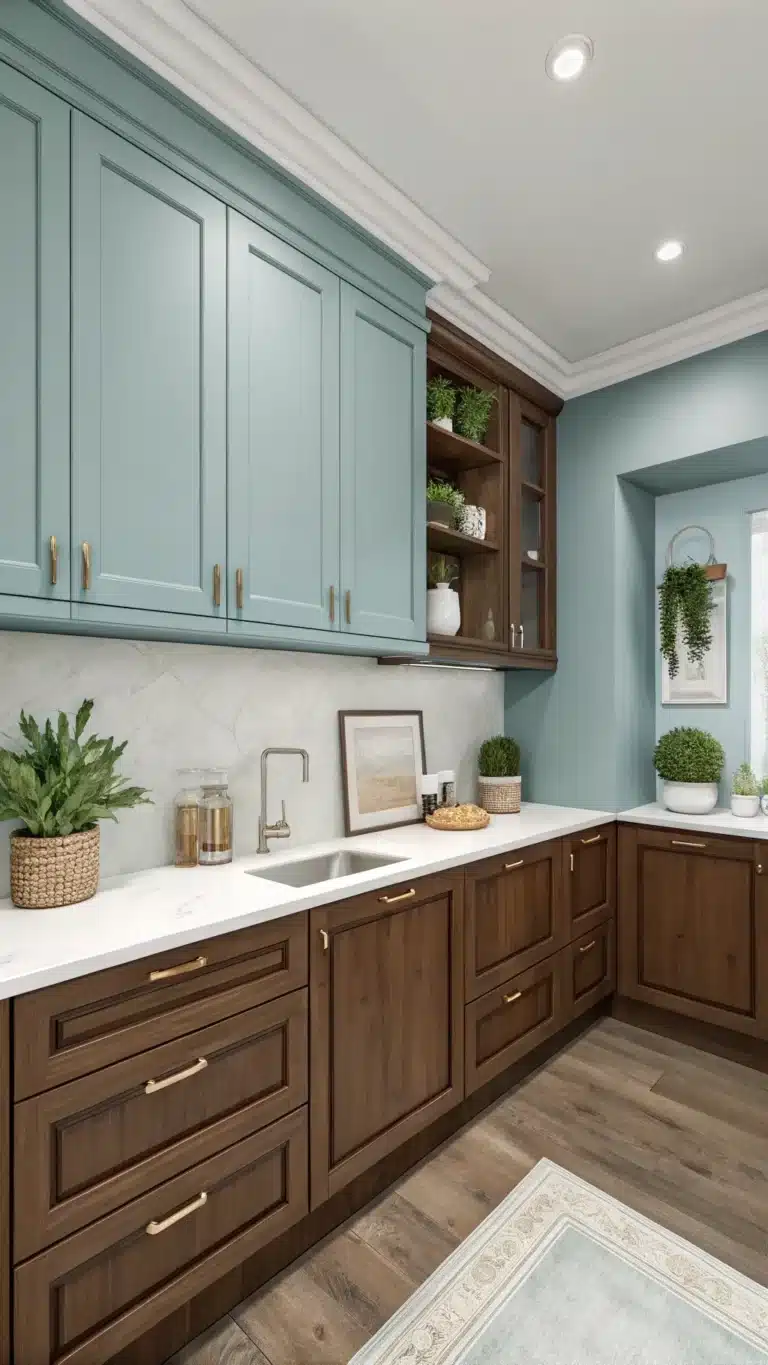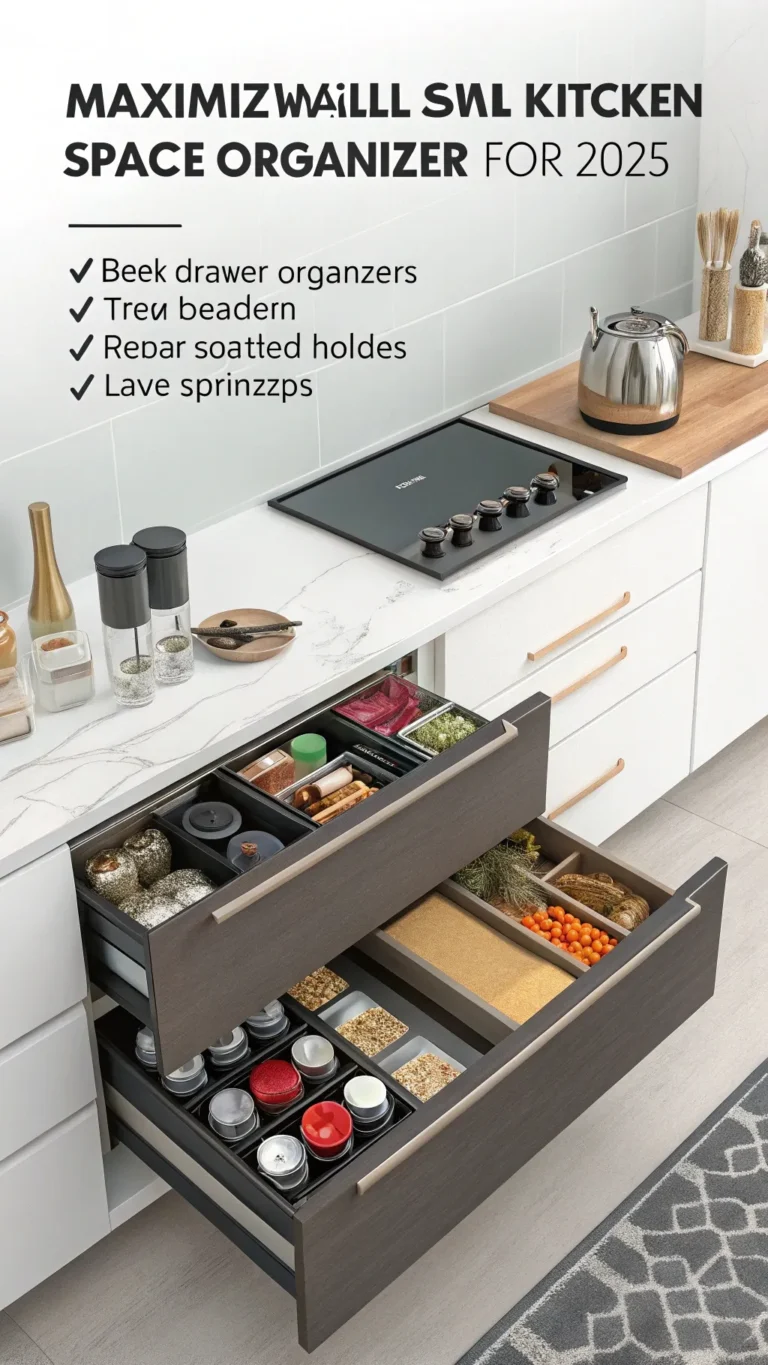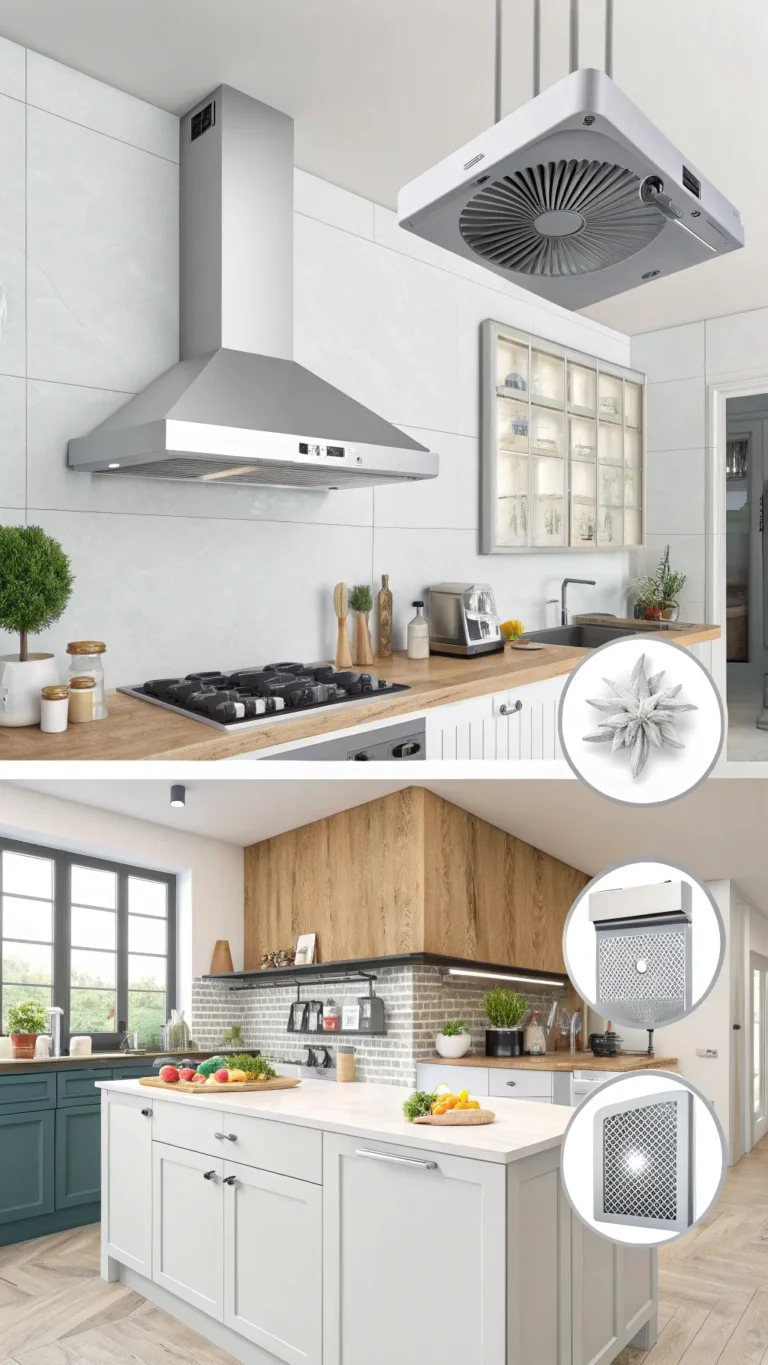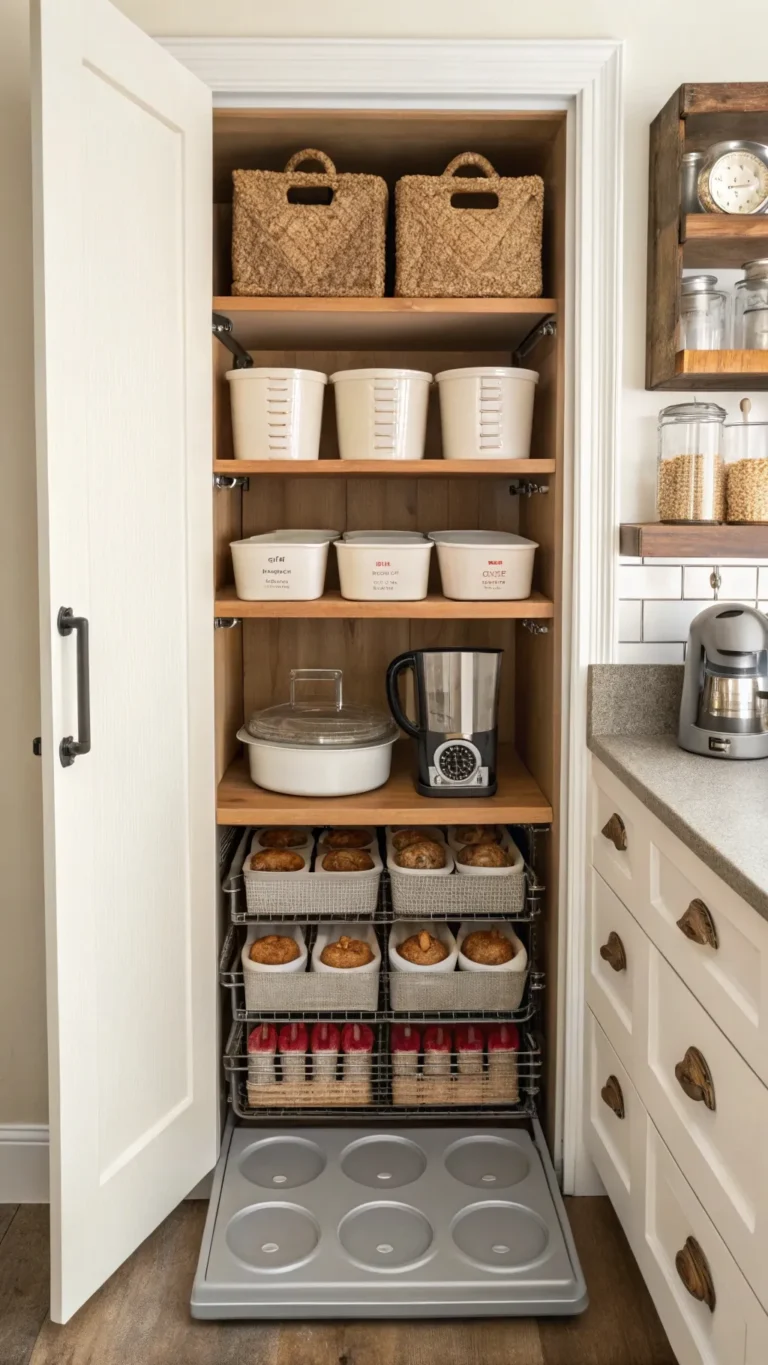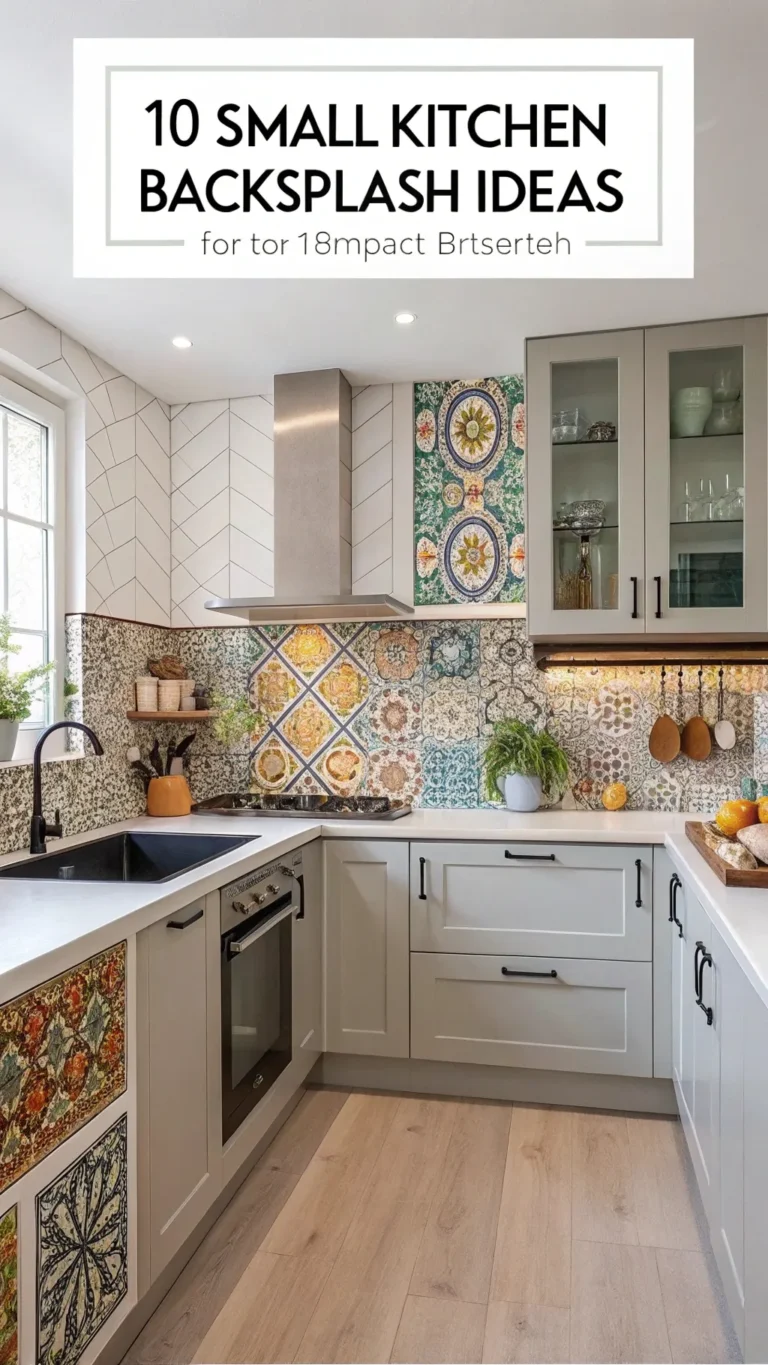Does making dinner feel overwhelming? Maybe you want to cook healthier. You might want to save money too. I know that feeling well.
Cooking today is more than just recipes. It is about smart choices. It is about using your tools well. You might think about kitchen style. Things like what size tile for small kitchen matter for looks. But real kitchen skill comes from how you cook.
This guide will help you. We will master sustainable cooking. Learn smart kitchen tips. Make delicious quick meals easily. I will share my best cooking hacks.
We will cover key ideas. Learn basic green kitchen rules. See helpful smart kitchen tech. Find simple plant-based recipe ideas. Explore clever cooking techniques. We will talk about organizing your kitchen.
Okay, here are the main sections for the article.
The Foundation – Sustainable Kitchen Principles for 2025
Becoming a better cook starts with good habits. This includes thinking about our planet. Small changes in the kitchen add up. They help the Earth. They save you money too.
Understanding the “Why”: The Impact of Kitchen Choices
Our food choices matter. How we cook matters. Where our food comes from matters. Wasting food hurts our wallets. It harms the environment. Using less energy helps everyone. I learned this over years of cooking.
Reducing Food Waste: From Planning to Plate
Wasting food is like throwing money away. It happens easily. I used to find sad vegetables in my fridge. Now I plan better.
- Check your pantry and fridge often. Use what you have first. I do this every week. It helps me see everything. This is good kitchen organization.
- Store food the right way. Learn how to keep greens fresh. Know where to put leftovers. Good storage means less waste. These are simple culinary tips.
- Get creative with scraps. Don’t throw away broccoli stems. Use them in soup broth. Stale bread makes great croutons. These are fun cooking hacks.
Mindful Sourcing: Local, Seasonal, and Ethical Ingredients
Think about where your food grows. Local food travels less. That saves energy. Food in season tastes best.
- Visit a local farmers’ market. Talk to the farmers. You get fresh food. You help your community.
- Read food labels carefully. Learn what “organic” means. Find foods grown fairly. It feels good to support good practices.
Water and Energy Efficiency in Cooking
Cooking uses energy and water. Simple steps cut down on waste.
- Always use a lid on pots. Water boils faster that way. Use the right pot size for your burner. This saves energy. It is smart energy-efficient cooking.
- Cook big batches. Make a large soup. Eat it for a few days. This uses the stove less often. It is smart meal prep.
Tech in the Kitchen – Essential Smart Gadgets for Modern Cooks
Our kitchens can be smarter. Technology helps us cook better. It makes things easier. It can help us be more sustainable too.
Beyond the Basics: What Makes a Kitchen “Smart”?
A smart kitchen uses tools. These tools connect to apps. They help with tasks. They give you information. It is about efficiency and control.
Must-Have Smart Gadgets for 2025
New tools come out all the time. Some are truly helpful. These make cooking simpler. They fit modern kitchen technology.
- Smart Induction Cooktops: These heat pots fast. They use less energy than old stoves. They are very precise. I love how quickly water boils.
- Induction vs. Gas/Electric: Induction is faster. It uses less energy. It is safer because the surface stays cooler. But you need special pots. The first cost can be higher.
- Smart Ovens & Air Fryers: Set cooking times from your phone. Some have built-in recipes. Air fryers cook food crispy with little oil.
- Smart Refrigerators: Some fridges take pictures inside. You can see what you have. This helps with kitchen organization. Some track expiration dates.
- Smart Scales & Food Waste Trackers: Weigh ingredients precisely. Some apps help you track food you throw away. This makes you more aware.
- Connected Sous Vide & Slow Cookers: Cook food perfectly every time. Set it and walk away. These are great kitchen gadgets for busy days.
Leveraging Apps and Connectivity for Meal Planning
Apps connect to your gadgets. They can suggest recipe ideas. They help you plan meals. This makes meal prep much simpler.
Case Study: Sarah’s Smart Kitchen Transformation
Sarah felt stressed about dinner. She worked hard. She had kids. Food often went bad before she used it. She also thought about home updates. She wondered what size tile for small kitchen would look best. But kitchen function was her real problem.
Sarah bought a smart fridge. It had an inside camera. She got a smart induction cooktop too. She downloaded the fridge app. She checked it at the grocery store. No more buying things she already had. This improved her kitchen organization.
She used the induction cooktop. Quick meals were actually quick now. The cooktop had presets for common foods. She just pressed a button. She wasted less food. She saved time every night. While deciding what size tile for small kitchen is a design choice, these smart tools changed her daily life. They made cooking easier and faster. She found new recipe ideas using the fridge app. She used simple cooking hacks with her new tools.
You can find good reviews online. Sites like CNET test kitchen gadgets. They can help you choose.
Plant-Powered & Planet-Friendly – Recipes for a Sustainable Future
Eating more plants helps you. It helps the planet. It does not mean you have to be vegan. Just add more vegetables. It is easy to do.
Why More Plants? Health and Environmental Benefits
Plant foods are full of good stuff. They often cost less than meat. Growing plants uses less land. It uses less water. It creates fewer harmful gases. It is a great step for budget-friendly cooking.
Easy Plant-Based Recipes for Quick Meals
You do not need fancy ingredients. Simple recipes are best. These are great for quick meals. They are healthy recipes too.
- One-Pan Roasted Veggies & Chickpeas: Chop vegetables like broccoli, peppers, and onions. Toss them with chickpeas and spices. Roast on one pan. It is simple. You can swap vegetables easily. Use what you have.
- Lentil Soup: Lentils are cheap and filling. Cook them with vegetables and broth. Make a big pot. Eat it all week. This is perfect for meal prep.
- Quick Black Bean Burgers: Mash black beans. Mix with breadcrumbs and spices. Form patties. Cook in a pan or air fryer. Add your favorite toppings. These are much cheaper than store-bought.
Mastering Plant-Based Meal Prep
Preparing plant foods ahead saves time. It makes healthy eating easy. This is key for plant-based meal prep.
- Cook grains and beans in bulk. Make a big pot of rice or lentils. Store them for quick meals.
- Wash and chop vegetables. Cut carrots and peppers. Store them in containers. They are ready for snacks or cooking. Simple cooking hacks save time.
Ingredient Swaps and Alternatives for Sustainable Cooking
Many plant foods can replace meat. They offer different textures and tastes.
- Tofu, tempeh, and lentils are proteins. Tofu is soft or firm. Tempeh has a nutty taste. Lentils are great in soups or stews. Choose what you like.
- Aquafaba is the liquid from canned chickpeas. You can whip it. It acts like egg whites in some recipes. This is a clever trick.
Advanced Techniques & Tips for the Sustainable Cook
Ready to try new things? These methods help you use everything. They cut down on waste. They save you money. They improve your culinary tips.
The Art of Food Preservation at Home
Make food last longer. This stops it from going bad. It is smart food preservation.
- Learn freezing techniques. Freeze fruits for smoothies. Freeze soups in small amounts. Wrap food well to prevent freezer burn.
- Try simple pickling. Pickle cucumbers or onions. It is easier than you think. Fermenting foods like cabbage (sauerkraut) is another option.
- Dry herbs from your garden. Dehydrate extra fruit. Dried foods last a long time.
Creative Uses for Commonly Wasted Items
Many kitchen scraps are useful. Don’t toss them. These are great cooking hacks. They support budget-friendly cooking.
- Save vegetable peelings and ends. Use them to make homemade broth. It is easy and adds flavor.
- Citrus peels can be candied. Broccoli stems can be peeled and sliced. Use them in stir-fries. Get creative with leftovers.
Water-Saving Cooking Methods
Some cooking methods use less water. This is part of sustainable cooking tips.
- Steam vegetables instead of boiling. Steaming uses less water. It keeps more nutrients in the food.
- Use pressure cookers or instant pots. They cook food quickly. They use less water and energy. They are helpful kitchen gadgets for quick meals.
Optimizing Oven Usage
Ovens use a lot of energy. Use them wisely. This is energy-efficient cooking.
- Cook more than one dish. If the oven is on, use all the space. Roast vegetables and chicken together.
- Don’t open the oven door too much. Heat escapes quickly. The oven has to work harder.
Organizing Your Kitchen for Peak Efficiency and Sustainability
A messy kitchen wastes time. It can lead to wasted food. Good organization helps. It supports sustainable habits. It increases kitchen efficiency.
The Connection Between Organization and Sustainability
When things are tidy, you see everything. You know what you have. You use things before they expire. This prevents food waste.
Pantry Power: Layouts to Reduce Waste
Your pantry should work for you. Arrange it smartly. This is key kitchen organization.
- Use the “first-in, first-out” rule. Put new items in the back. Move older items to the front. Use the old ones first.
- Store dry goods in clear containers. You see how much is left. This helps with meal planning.
Fridge & Freezer Management
Manage your cold storage well. This extends food life. It is part of kitchen organization and food preservation.
- Give foods a ‘home’. Keep dairy on one shelf. Put leftovers together. You find things faster.
- Label and date leftovers. Know what it is and when you made it. This prevents mystery containers.
Eco-Friendly Storage Solutions
Choose storage that lasts. Reduce plastic use.
- Glass containers are great. They last a long time. They don’t stain. Plastic containers are lighter. But they can get scratched or stained. Choose what works for you.
- Try beeswax wraps. They cover bowls or food. They are reusable. They are a good alternative to plastic wrap.
Setting Up an Efficient Prep Station
Have a clear space to chop. Keep essential tools nearby. This makes cooking faster. It improves your culinary tips. Good layout is a simple cooking hack.
FAQs
Here are some common questions I hear.
- How do I start reducing food waste in my kitchen today?
Check your fridge before shopping. Plan meals around what you have. Use cooking hacks for leftovers. This improves kitchen organization. - Are smart kitchen gadgets really worth the cost for a home cook?
They can save time and energy. They offer precision. Think about which tools fit your needs. Look at reviews for kitchen gadgets. They can be good culinary tips. - What are some quick and easy plant-based recipe ideas for beginners?
Try one-pan roasted vegetables. Make a simple lentil soup. Black bean burgers are easy too. Search for quick meals or healthy recipes online. - What are the simplest energy-efficient cooking methods I can use?
Use lids on pots. Cook in batches. Try steaming vegetables. These are simple cooking techniques. They help with energy-efficient cooking. - How can meal prep help me cook more sustainably and save time?
Preparing food ahead saves energy. You use the stove less often. It helps you use ingredients fully. Meal prep is a key part of sustainable cooking tips. It supports budget-friendly cooking too.
Conclusion
We covered a lot today. We talked about sustainable habits. We looked at smart kitchen tech. We explored plant-based recipe ideas. We learned clever cooking techniques. We saw how to organize better. Making small changes helps a lot.
It makes your kitchen more efficient. It makes cooking more fun. It helps the planet and your wallet. Think about how you cook. It is more important than choices like what size tile for small kitchen. Focus on simple cooking hacks. Find new recipe ideas to try. Start with one small step. Enjoy your cooking journey!
FAQs
Here are some common questions I hear.
- How do I start reducing food waste in my kitchen today?
Check your fridge before shopping. Plan meals around what you have. Use cooking hacks for leftovers. This improves kitchen organization. - Are smart kitchen gadgets really worth the cost for a home cook?
They can save time and energy. They offer precision. Think about which tools fit your needs. Look at reviews for kitchen gadgets. They can be good culinary tips. - What are some quick and easy plant-based recipe ideas for beginners?
Try one-pan roasted vegetables. Make a simple lentil soup. Black bean burgers are easy too. Search for quick meals or healthy recipes online. - What are the simplest energy-efficient cooking methods I can use?
Use lids on pots. Cook in batches. Try steaming vegetables. These are simple cooking techniques. They help with energy-efficient cooking. - How can meal prep help me cook more sustainably and save time?
Preparing food ahead saves energy. You use the stove less often. It helps you use ingredients fully. Meal prep is a key part of sustainable cooking tips. It supports budget-friendly cooking too.
Conclusion
I shared many ways to cook better. We talked about being sustainable. Smart kitchen tools help save time. I gave you easy recipe ideas. Simple cooking hacks make kitchen work easier. Keeping your kitchen tidy helps a lot too. All these things make cooking more fun. Your kitchen look matters. Maybe you thought about what size tile for small kitchen. But changing how you cook matters most. It helps you save money. You help the planet too. Pick one new idea this week. Try a recipe idea. Or use a simple cooking hack. Your cooking journey starts now.

